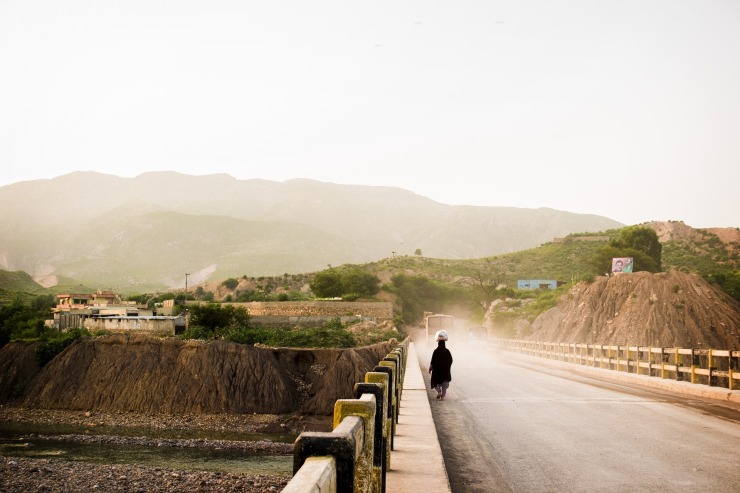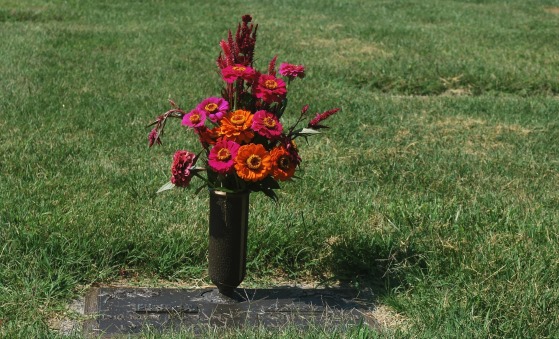
Younis Bhatti, a 72-year-old Christian resident of Faisalabad, Pakistan, who was arrested under Pakistan's strict blasphemy law on February 10, has been released two days after arrest in a rare turn of events. This development comes after his accuser, Sosan Fatima, admitted to fabricating allegations against him in retaliation for a property dispute.
Bhatti's arrest had sent shockwaves through the community, as he found himself entangled in the legal web of Pakistan's blasphemy statutes particularly Section 295-B of the Pakistan Penal Code, which carries a mandatory life sentence.
The allegations stemmed from claims made by Fatima, a member of the Brethren house church founded by the Bhatti family, accusing him of desecrating the Quran. Fatima alleged that Bhatti forcefully entered her house, assaulted her, and tore the Islamic scripture, citing her family's conversion to Islam approximately eighteen months earlier.
However, the case took a dramatic turn when Fatima confessed to fabricating the accusations along with her husband and two others. Their motive, it emerged, was to obstruct the efforts of Bhatti, also known as Bhagat, to divide property that she lived on between her family and another Christian household.
Bhatti had generously offered Fatima free accommodation on his property. However, tensions arose when Fatima objected to Bhatti's proposal to divide her residence with another disadvantaged Christian family.
Asher Sarfaraz, head of Christians True Spirit (CTS), who spoke to Christian Today, praised the swift resolution of Bhatti's case, describing his discharge within two days as remarkable. He acknowledged the rarity of someone being freed from such charges promptly and commended the police for conducting a fair investigation to ensure justice for the innocent Christian.
“When we investigated the matter, we found it to be a case of false allegation. We appealed to the police for a fair investigation, which was done, and Younis Bhatti was released. We are very thankful to God and to the authorities,” he said.
However, Sarfaraz expressed concerns about the safety of Bhatti's family returning home and highlighted CTS's collaboration with the superintendent of police, sharing crucial findings throughout the process.
Upon the confession of the couple behind the conspiracy against Bhatti, the police assured CTS that the charges against the Christian would be dropped, with custody handed over to them as a precautionary measure.
Younis Bhatti credited his faith in Christ for giving him the courage to face the false accusation boldly, as reported by Morning Star News - Christian Daily International. He clarified that while he had visited Fatima's quarters to discuss property division, he had not entered the premises, following advice from neighbours in her husband's absence.
Upon learning of the allegations through a phone call, Bhatti returned to his village, where he witnessed hundreds of Muslims protesting against him. Fearing for his safety, he hid and prayed for divine intervention, eventually surrendering himself to the police amid the hostile crowd. Bhatti maintained his innocence, asserting that eyewitnesses could confirm no such incident had occurred.
This case highlights the potential misuse of blasphemy laws, exposing how they can become tools for personal vendettas. Blasphemy suspects in Pakistan are typically detained until trial and face severe consequences, including death, with little legal evidence often leading to convictions. These laws are frequently exploited to settle personal scores or disputes, triggering mob violence and extrajudicial killings, with at least 100 such cases reported from 1947 to 2023, according to rights groups.
Demands have escalated for thorough probes into accusations especially after recent revelations that a 2023 mob attack in Jaranwala was triggered by a fabricated blasphemy complaint filed over suspected infidelity. Christian leaders highlight concerns over the blasphemy law’s disproportionately impacting minorities and intensifying communal tensions.
“This case is a big example of the misuse of the blasphemy law. If a fair investigation was done at Jaranwala, it would not have become such a big matter,” said Sarfaraz.




